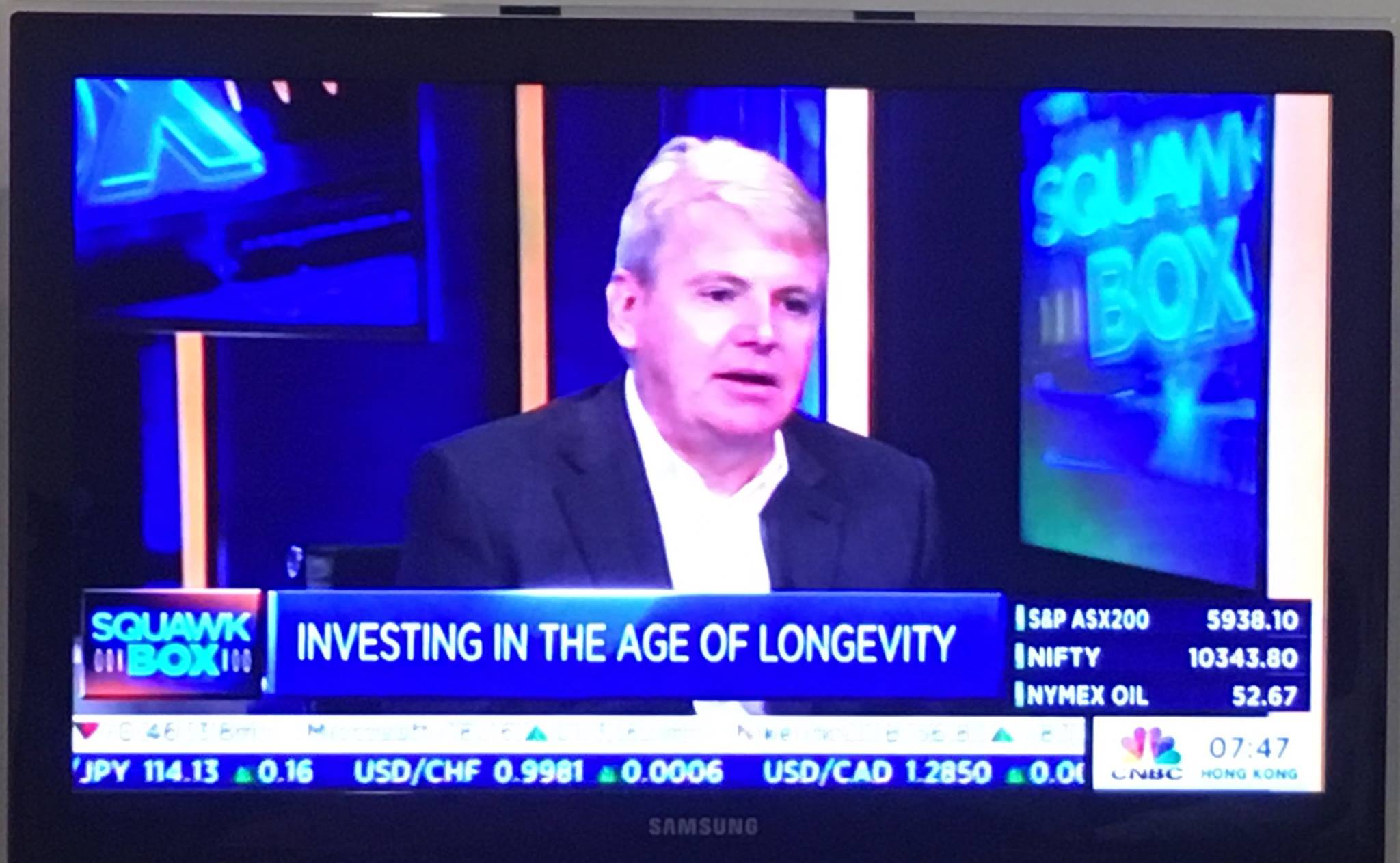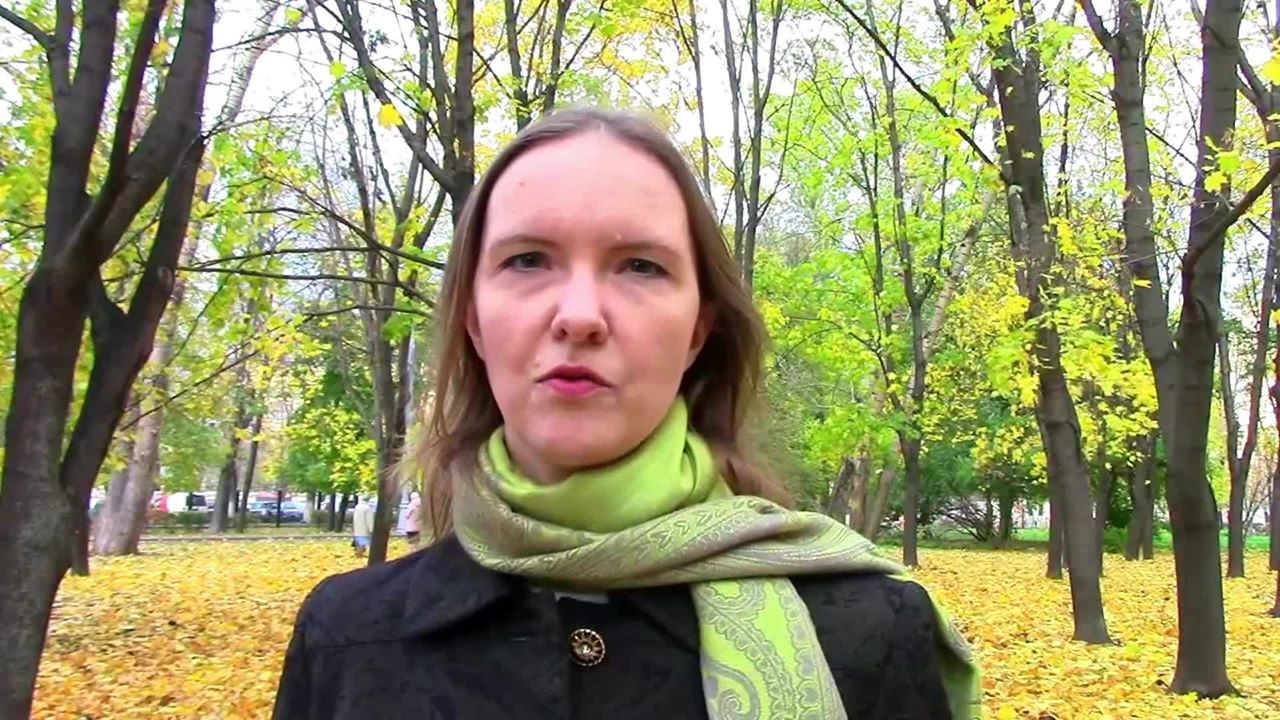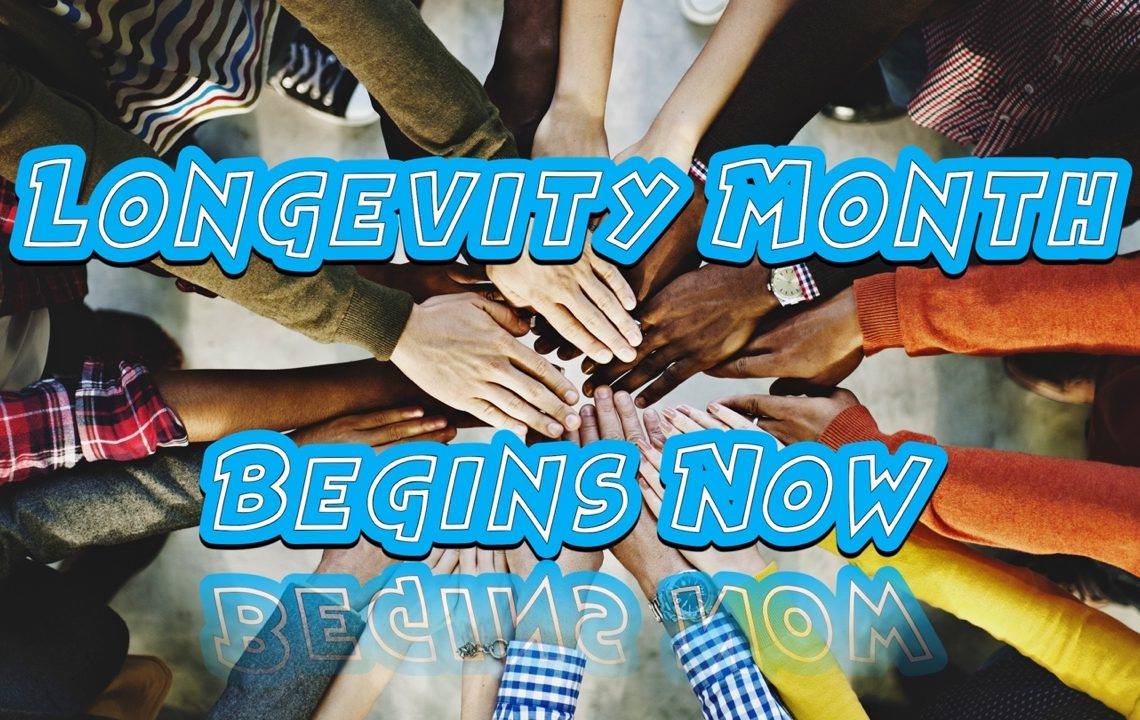Everlasting boredom is a common concern when it comes to the idea of extended human lifespans but is it likely to happen? We take a look at this common concern.
Everlasting boredom is a common concern when it comes to the idea of extended human lifespans. There are many who expect life to become empty and meaningless with time because everything has been already experienced; there is nothing else to discover, nothing else can surprise or please.
This idea has become so ingrained in our collective psyche that its mark appears constantly in our most popular works of fiction. The elves from the Lord of the Rings, for example, are described as lacking passion and ambition because of their extended lives, as compared to humans whose short lifespans impel them to bold action. Another omnipresent trope is the tale of the tortured immortal who would do anything to become human again or to end the curse with the finality of death.
The thinking goes that people living longer than a century will become tired of such hollow lives, eventually leading to the decision to terminate their pitiful existences. The loss of the thirst for life in the elderly is supposed to illustrate the probability of this outcome.









